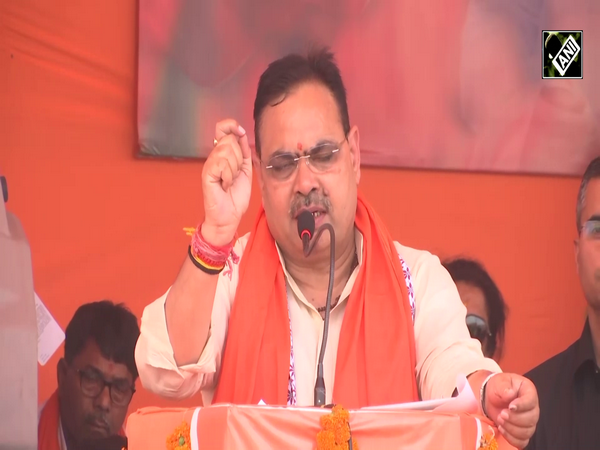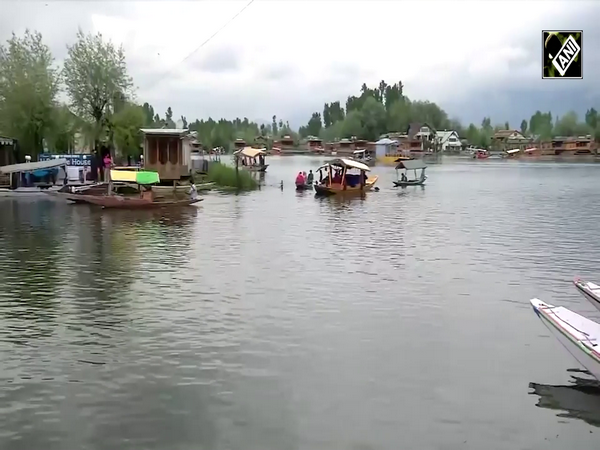Displaced Pashtuns from Waziristan continue protest in Peshawar
Jul 29, 2022

Peshawar [Pakistan], July 29 : Displaced Pashtuns from Waziristan continued their protest outside the Peshawar Press Club for the fourth consecutive day on Thursday, demanding practical steps for resolution of their problems.
The protestors said the government had provided them SIMs through which they used to receive Rs 20,000 cash assistance per family, but later the SIMs were blocked which had created problems for their families living away from their native areas, reported Dawn.
"We have been requesting the authorities to resolve the issue, but they have adopted mysterious silence," said an elder, vowing to continue the protest till acceptance of their demands.
The Temporarily Displaced Persons (TDPs) from North Waziristan tribal district lamented that they were forcibly displaced and were forced to live a refugee life in their own country, reported Dawn.
They said they were displaced from their native areas when the government launched a military operation against terrorists in North Waziristan in 2014.
They also demanded effective measures for the repatriation of TDPs from Afghanistan.
Later in the day, Awami National Party provincial general secretary Sardar Hussain Babak and other leaders visited the protest camp and expressed solidarity with the displaced people, reported Dawn.
Speaking on the occasion, Babak said the repatriation and rehabilitation of displaced persons was a collective problem of Pakhtuns, while the government had adopted a harsh attitude toward them.
He said thousands of tribal elders, women and children had died during the militancy and they wanted repatriation and rehabilitation of their families.
Babak said Pakhtuns were branded as traitors when they raised voices for their rights. He said the actual traitors were those elements who were denied rights to the tribal people, reported Dawn.
Moreover, Operation Zarb-e-Azb shows the dubious role of the Pakistan Army in Afghanistan.
Pakistan Army launched Operation Zarb-e-Azb, an offensive targeting various militant groups in North Waziristan, an area in the Khyber Pakhtunkhwa province of Pakistan, in 2014 on the border between Pakistan and Afghanistan.
Even though the operation was considered a success by Pakistan, over a million people, mostly Pashtuns, lost their homes and were stranded as a result of the collateral damage caused by the fighting.
Pashtuns form the second largest ethnic group in Pakistan, and the largest group in neighbouring Afghanistan, however, despite being over 15 per cent of the population, they lag behind economically.
The welfare of the Pashtuns has often been ignored by Pakistan. The displaced Pashtuns have suffered the most impact from the corruption and as a result, their relationship with the Pakistani authorities has turned sour.
The division of the Pashtuns between Pakistan and Afghanistan, and the relationship between Islamabad and Kabul have also contributed to their sour relations.
Tensions have escalated as Pakistan continues to host and support the hardline Islamist groups and tries to dominate Afghan affairs.
Border regions have witnessed a rise in violence, insurgent movements, and brutal fighting due to the tense relationship between the two countries which has led to the destruction of property and wealth, displacement, and the lack of development.




















